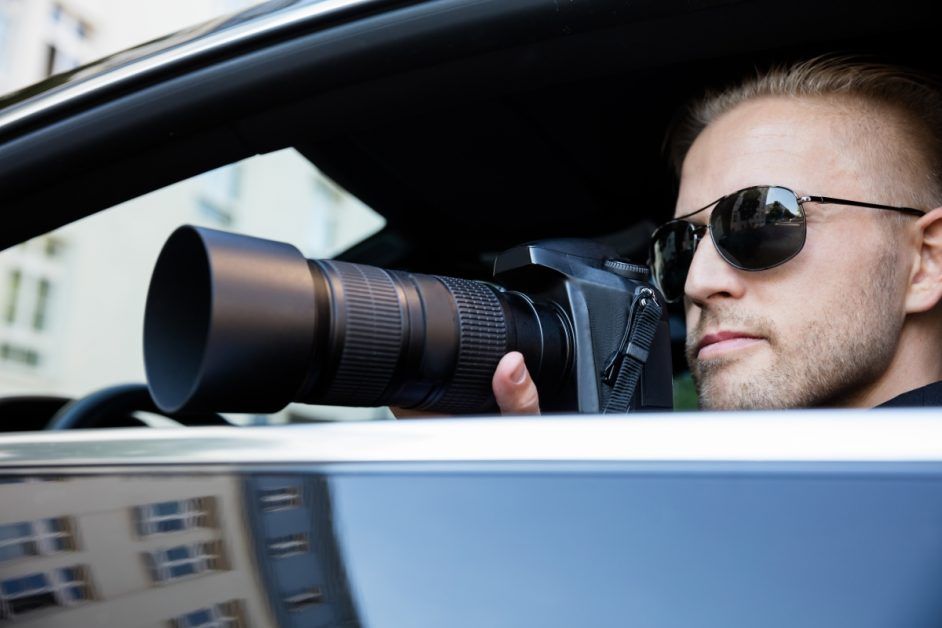Most of the people who hire a private investigator from Reveles Intelligence Group are trying to understand or investigate someone in their lives. The average person does not have the technology, time, or training to conduct high-level surveillance on their subject. When you’re looking for information that you cannot gather on your own, it’s time to contact us.
In today’s blog, we’ll be talking about how a private investigator conducts surveillance. We’ll talk about the types of technology we use to surveil our subjects as well as the limits of our surveillance abilities.
Listening Devices
We are able to record as long as one person in the conversation consents to recording. Which means if you have a friend who is willing to wear a recording device and talk with the subject, we can record that conversation. But they actually have to be part of the conversation, not just leaning in from another table at a restaurant or listening through a bedroom wall.
In terms of cell phone recording, it’s illegal to wiretap. Which in the 21st Century means that you can’t get an app and secretly record a conversation on your smartphone.
Video Recording And Photography
While there are rules about hidden cameras (don’t hide one in a teddy bear to catch your husband cheating), you can use one in public. And there are strict rules about recording nude people.
Video recording and photography are our most effective forms of surveillance. We have high-tech zoom cameras that can capture subjects in nearly every public space. We can monitor activities and provide you with evidence. As long as no one publishes the photographs, we are able to continue taking them.
Tracking Devices
Tracking devices are in murky legal territory right now. Smartphone companies are constantly gathering location data in our pockets and purses. However, there are debates on whether or not placing a GPS tracking device on a vehicle is an invasion of privacy.
There are conflicting court rulings on the use of tracking devices, but we follow the 2011 Supreme Court case which ruled that placing a GPS on someone’s vehicle was illegal. While it is possible — and tempting — to place a small tracking device on a vehicle, we know that following a subject is a more ethical, and often more effective, form of surveillance.
Social Media
Social media counts as a public space, so a private investigator can conduct surveillance in this area of online. In fact, anything posted on a public forum is put in the same category as talking to someone in a restaurant or library.
A private investigator who is good at using technology can give you information like places the person is visiting frequently or find location information on a posted photo. We primarily use social media to gather personal information that can point us in the right direction for future surveillance.


